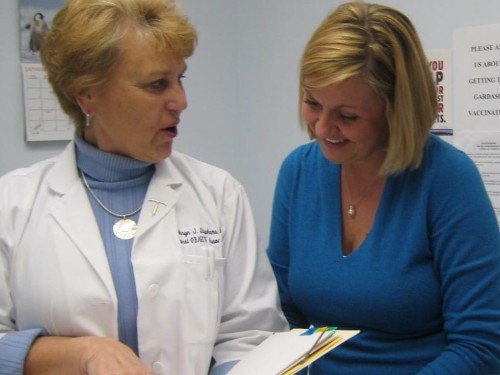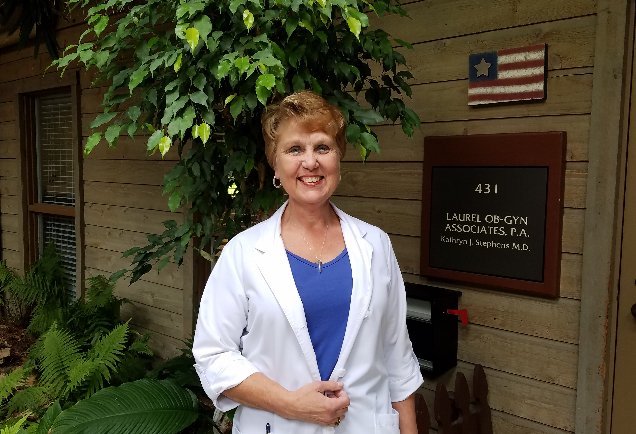What is the HPV vaccine? Gynecologists know that some female cancers are caused by HPV, the human papillomavirus, which is perhaps the most common sexually transmitted infection. A vaccine that offers protection from some types of HPV can be given to women between the ages of 13 and 26 who did not have all the shots when they were younger. Ask your gynecologist if this is a good idea for you.
Did you know that abdominal massages can help to relieve menstrual cramps? Other pain relieving techniques which may help include reflexology on the hands and feet, acupressure and of course a nice hot bath.
Menstruation is a healthy, natural process, but abnormal symptoms can be signs of a more serious reproductive problem. If you experience cramps or pain that are strong enough to disrupt your daily routine, or if you have abnormally heavy bleeding, make an appointment with your gynecologist right away.
It’s important to remember that many women can lose their periods for a time once they start a new diet as a result of increased activity and fewer calories. If you’re not pregnant and you haven’t started a new diet, you may want to consider scheduling an appointment to discover why your cycle is suddenly irregular.
How often is a Pap test required? While individual gynecologists may differ slightly, many recommend a test every year for women between 21 and 29 years old. For older women, assuming there is no history of symptoms or other gynecological issues, the frequency of testing decreases to about once every five years.
One benefit of visiting our OB/GYN clinic during your pregnancy is that we can provide you with a list of medications, foods, and exercises that are safe for you and your baby's health.





